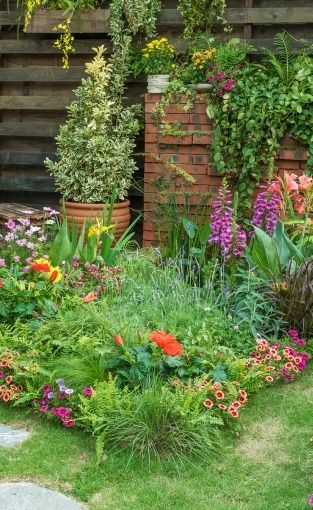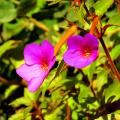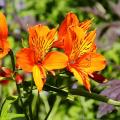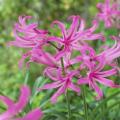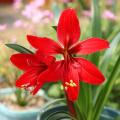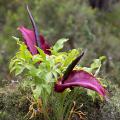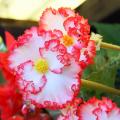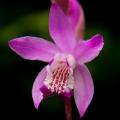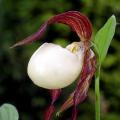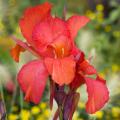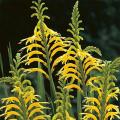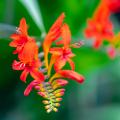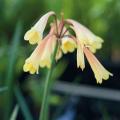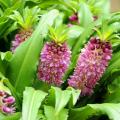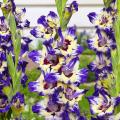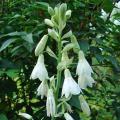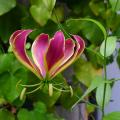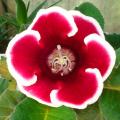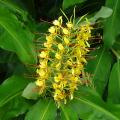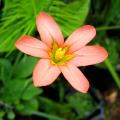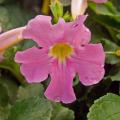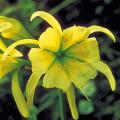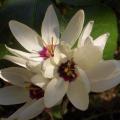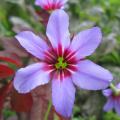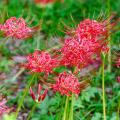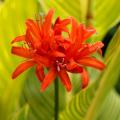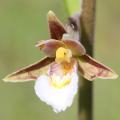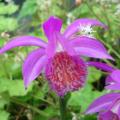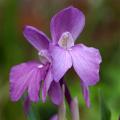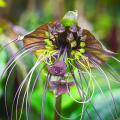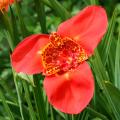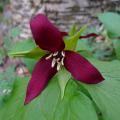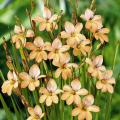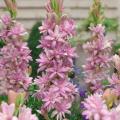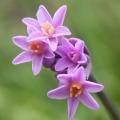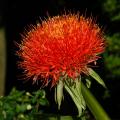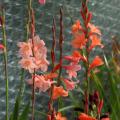Elephant ears - Colocasia and Alocasia, all our special offers
Does this plant fit my garden? Set up your Plantfit profile →
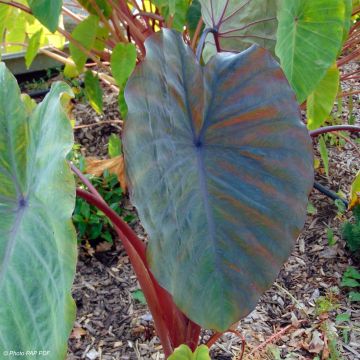
Available in 1 sizes
Elephant Ears, or Colocasia and Alocasia, are remarkable for their large, thick, and pleated heart or arrow-shaped leaves, resembling elephant ears. Among the most iconic ones, Alocasia 'Mayan mask' and Colocasia esculenta are renowned for their robustness and beauty. Belonging to the Araceae family, these tropical plants are prized for their exotic appearance and lush foliage. Colocasia esculenta is a majestic plant with large green leaves. Its variety 'Pink China' is a safe bet, a particularly hardy plant, with large leaves carried by magnificent bright pink petioles. The stunning Colocasia 'Black Magic' is sought after for its almost black foliage. The 'Silver Dragon' Alocasia, with its silver and textured leaves, is favoured by indoor plant enthusiasts. In the garden, the 'Mojito' Colocasia, with its variegated green and black foliage, catches the eye. Explore our wide range of Elephant Ears on these pages.
Elephant Ears like bright locations, without direct sunlight, and constantly moist, well-drained soil. They thrive best in a warm and humid environment, similar to their natural habitat in Asian tropical undergrowth. Despite appearances, the hardiness of these beautiful indoor plants allows them to be grown in the ground, in regions with mild winters. They make a focal point in a contemporary or exotic setting, along the edge of a pond or on the terrace. In the garden, however, remember to provide them with thick winter protection and plant them in moist, shady soil. These voracious plants get along well with arums, banana trees, or tree ferns.
Haven't found what you were looking for?

































